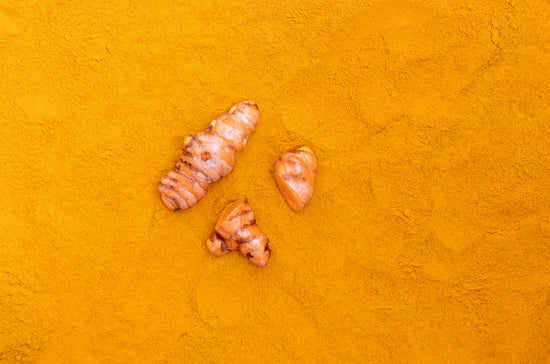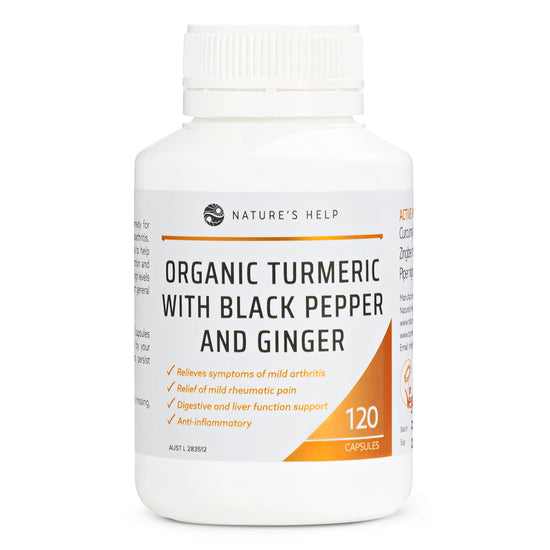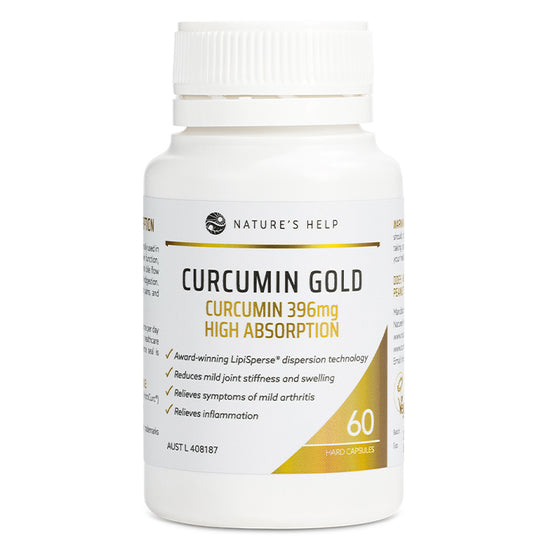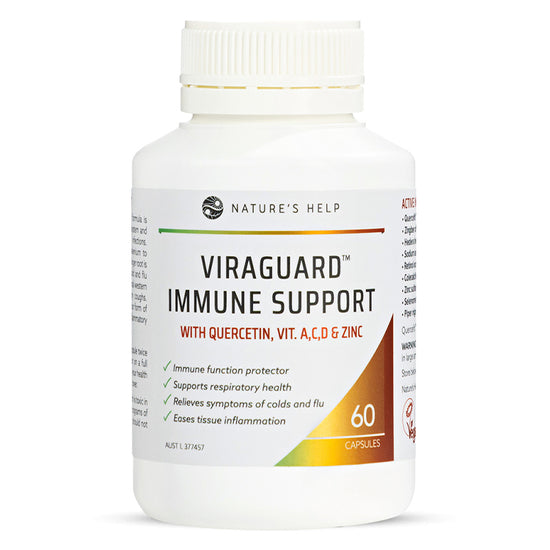How long does alcohol stay in your system?
Ever heard of ethanol? Yes, the same type of biofuel additive in petrol. Well, in alcohol, ethanol is the intoxicating agent that is produced when yeast ferments the sugars in grains, fruits or vegetables making beer, wine or liquor. As an example, vodka is made from potatoes and wine is made from grapes.
When you drink a glass of alcohol, it enters your digestive system. About 20 percent moves directly into your blood vessels to be carried to your brain. The remaining 80 percent goes directly into your bloodstream, moving into your small intestine, entering passageways that lead to the portal vein, passing through the liver. The liver breaks down the alcohol into an enzyme called acetaldehyde, a chemical that is toxic to your body and a known carcinogenic. This then processes into carbon dioxide which your body can eliminate. Alcohol extends through all body tissues except bone and fat.
Alcohol is a depressant – affecting your central nervous system – and consumption disrupts the neurotransmitter chemicals that help transmit signals between your brain and your nervous system, effectively slowing down brain activity. Reducing the chemical activity temporarily affects your speech, mood and coordination. Because alcohol goes to your brain and other tissues, the effects can be felt almost instantaneously. Effects will continue to build over 45 minutes as the liver enzymes break down the alcohol. Factors such as weight, age, liver health and sex will determine how quickly the body processes and eliminates the by-products.
Women and men process alcohol at different rates. Women have fewer dehydrogenase enzymes which contribute to women reaching higher BAC levels despite drinking the same amount as men. Male bodies tend to have more water than females, which is why they have a slightly higher tolerance. Overall, the elderly have decreased metabolism and less muscle mass, which leads to higher levels of intoxication quicker than the younger generation.
The good news is that alcohol has a very short duration in your body and is expelled relatively quickly. When that one drink of alcohol enters your bloodstream, your body begins to process it immediately and it takes about 1 – 2 hours to pee it out. Small amounts may be excreted through sweat as well. Processed at a constant rate, alcohol can however affect people differently and some feel the effects for longer periods. Feeling better after a hangover does not mean the alcohol has left your body.
Based on just one alcoholic drink – the standard drink measurement of 0.6 ounces – then the following usually applies:
- Blood detection tests can measure alcohol in the blood for up to 6 hours.
- Breathalyser, saliva and urine tests can detect alcohol in your system between 12 – 24 hours. The test has no distinction between beer, wine or hard liquor.
- Hair follicle tests detect alcohol presence for up to 90 days.
- Breast milk retains alcohol for up to 3 hours.
Different drinks take longer to metabolize than others. A shot of hard liquor takes approximately one hour to break down in your system. Two hours for a pint of beer and three hours for a glass of wine. Remember though that everybody processes alcohol at a different rate and these times are a generalisation.
So, given that a liquor shot takes about 1 hour to dissipate, this means that having drunk that shot at 5pm, it will escape detection by 6pm. But if you have another drink at, say, 5:30pm, then the time is added and both drinks will not clear your system until about 7pm.
DRINKING AND DRIVING
Blood Alcohol Concentration (BAC) refers to the volume of alcohol in your blood versus the amount of water in your blood. So, people can register differing BAC’s. If you registered a BAC of 0.10 this means that 1% of your bloodstream contains alcohol. On the BAC scale 0.05 is the Australian legal limit to be considered unimpaired to drive. At 0.12, most people will feel the need to vomit. At 0.30, most people lose consciousness.
Most citizens respect that drinking and driving is not an acceptable situation. But if you are silly enough to do that and get caught, you would be subjected to tests, the first of which is a breathalyser roadside test measuring your BAC. Fail that and then it is off to the police station whereby the police are looking for one of two chemicals in your body with a urine test. Ethanol or ethyl glucuronide (ETG).
Ethanol is detectable in your urine for up to 12 hours after the alcohol has left your body. The test is not absolutely accurate due to the lag as the body filters the alcohol from the blood through the bladder. But to combat this, the police will do a second test about 30 – 60 minutes later.
An ETG urine test though is very precise, with alcohol detection up to as much as 24 hours later, depending on the amount of alcohol consumed.
11 WAYS TO REDUCE THE EFFECTS OF ALCOHOL?
Because alcohol is quickly absorbed by the small intestine, the longer you can keep the alcohol in your stomach, the slower it is absorbed. When you drink on an empty stomach, the alcohol almost immediately moves from the intestine into your bloodstream, intensifying the side effects of drinking.
- Drinking plenty of water can help with dehydration and drinking fruit juices assists the liver to flush out the alcohol.
- Choose drinks with a low percentage of alcohol.
- Try to limit your drinks to one per hour.
- Avoid binge drinking. Because alcohol depresses your nervous system, you may experience serious complications if you drink faster than the rate your liver can process. Elevated heart rate, cardiac arrest, seizures and cessation of breathing all require urgent medical attention.
- Heavy drinking leaches vitamins and minerals from your body, which gives you the dreaded hangover. It is the reduction of vitamin B that makes you feel sick and tired, so supplement with vitamin B complex the night before and the morning after.
- Have you ever wondered why you go to the toilet more when you are drinking? Alcohol is a diuretic, promoting water loss through your urine. When out on the town drinking, it is advisable to make every second drink you consume a glass of water. Not many of us do that of course, but it is a good idea.
- Acetaldehyde changes into acetate and too much triggers the hangover headache. A herbal infusion of hemp seeds can prove effective.
- Don’t drink green tea as this prohibits the alcohol metabolism.
- Sprite, 7-Up and soft drinks with taurine have shown in studies the ability to break down acetaldehyde.
- Ancient Greeks recommended 2 owl eggs and ate sheep lungs to cure a hangover. The Romans ate dried bull penis. Mongolians preferred tomato juice and pickled sheep eyes.
A lot of companies advertise products that claim to flush alcohol from your system. Don’t believe the hype and myth. The only path to a clean, sober system is to give your liver time to complete its magic processes.










